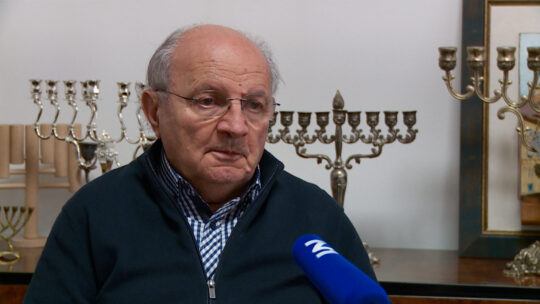
After media reports that Croatia asks Serbia to give it back $148.5 million, which is part of the total succession fund formerd after the break-up of Yugoslavia, and which Belgrade reportedly unlawfully spent, a senior foreign ministry official said on Wednesday that Croatia "demanded explanations" on how the funds went missing.
The State Secretary Andrea Metelko-Zgombic told reporters that Croatia would insist on the compensation of those funds.
The Zagreb-based Vecernji List daily reported on Wednesday morning that at the time of its dissolution Yugoslavia had more than $645.5 million deposited in foreign currency accounts in banks abroad.
According to the model agreed by Yugoslavia's successor states which apportioned the former country's assets and funds, Croatia's share is 23 percent of that amount, which means that Croatia should receive $148.5 million.
However, at the start of the talks to distribution the sum, Serbia informed other countries that only $56 million had been left on those accounts, declining to give any explanation where the rest of the money had ended up, the daily said.
According to the Vecernji List, Croatia has evidence and documents showing that Serbia had used that money to pay the foreign debts of its companies in the 1990s.
During the fifth meeting of a joint committee for monitoring the implementation of the succession agreement, which was held in Zagreb on Wednesday, November 13, Croatia raised the issue of those funds.
“Croatia will insist that an explanation should be provided on how that money disappeared, and also on ways to compensate these funds by the country which is found to have used those funds unlawfully,” said Metelko-Zgombic.
The agreement on succession issues of former Yugoslavia was signed in Vienna in 2001, and it entered into force in June 2004. The document drafted back then said that the foreign currency accounts owned by Yugoslavia had $645.55 million of deposits in them.
Afteer the agreement came into force in 2004, the joint committee on its implementation which includes officials from each successor state held five meetings.
Metelko-Zgombic said that all sides in the negotiations “showed understanding” and were willing to sit at the table to discuss this matter.




